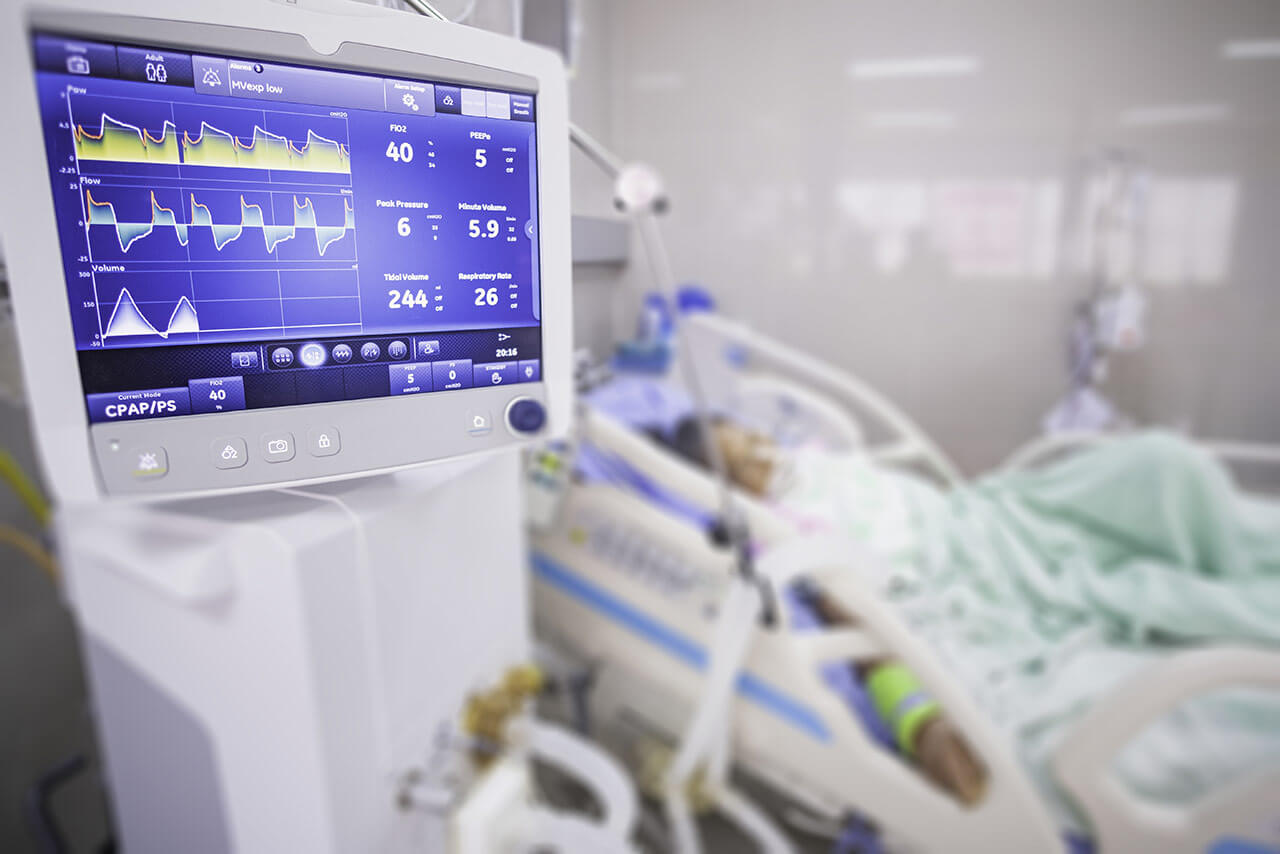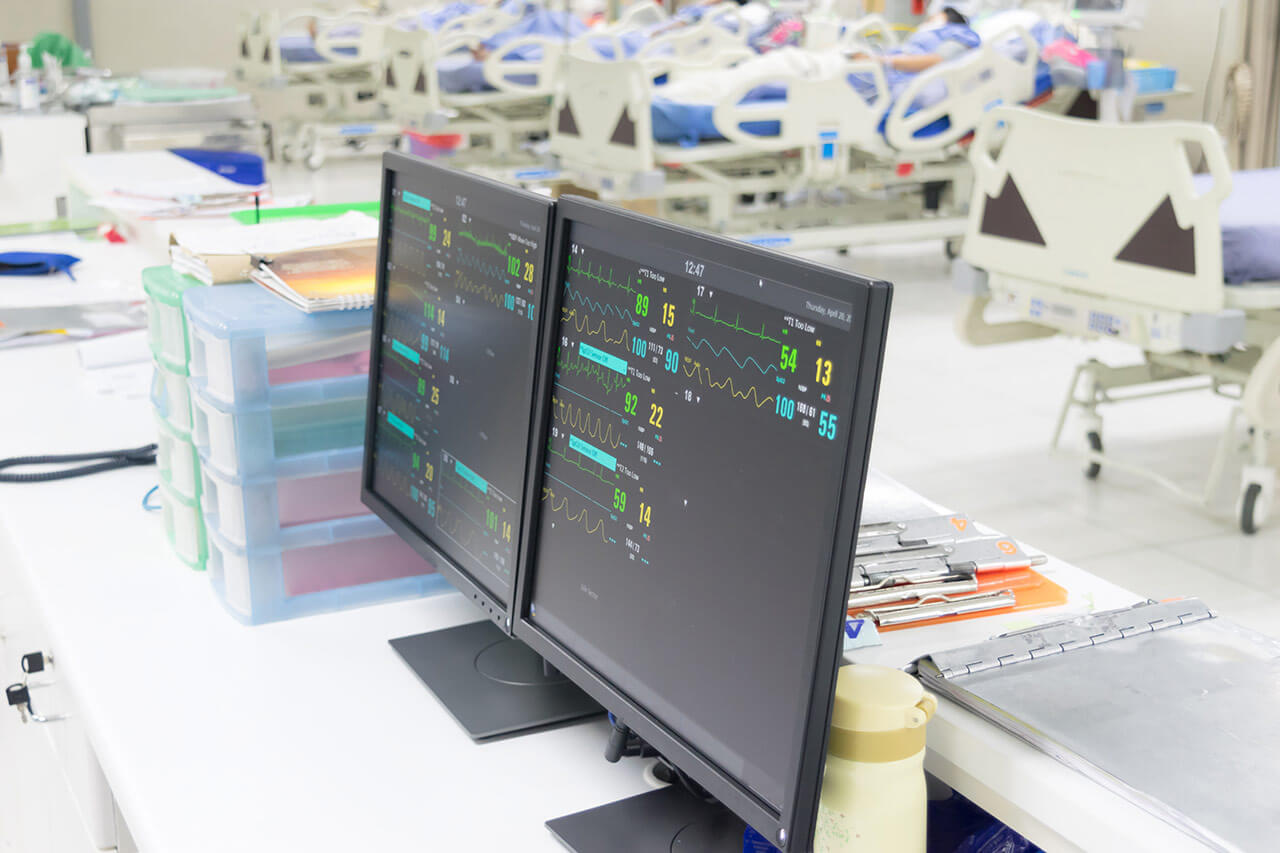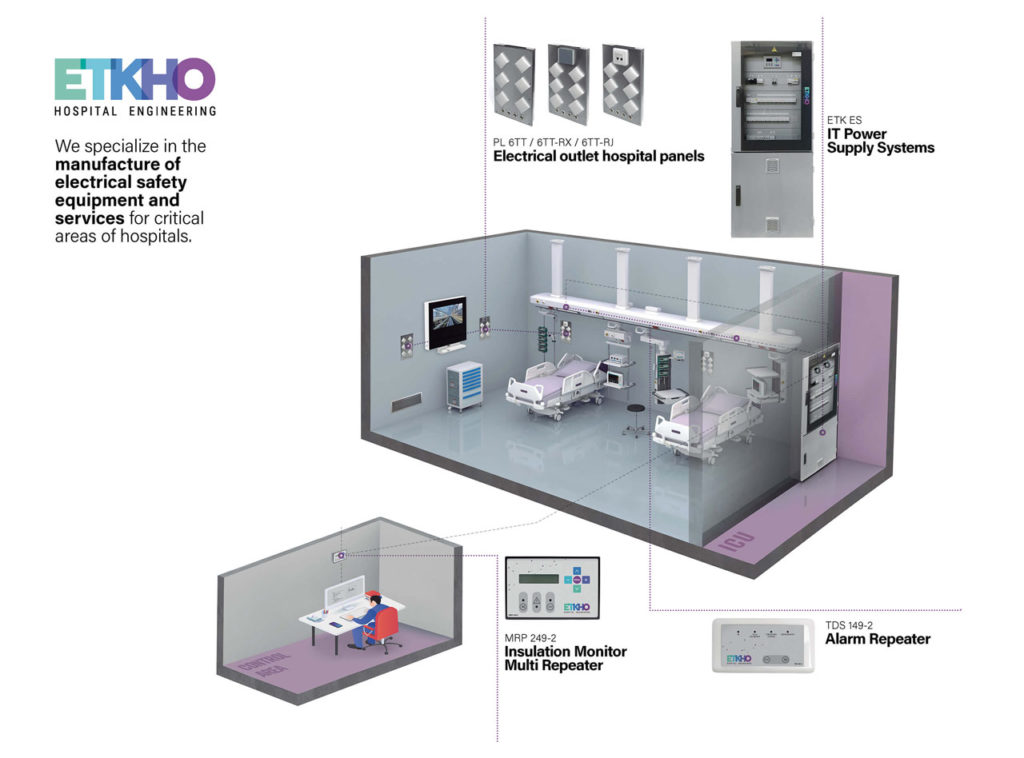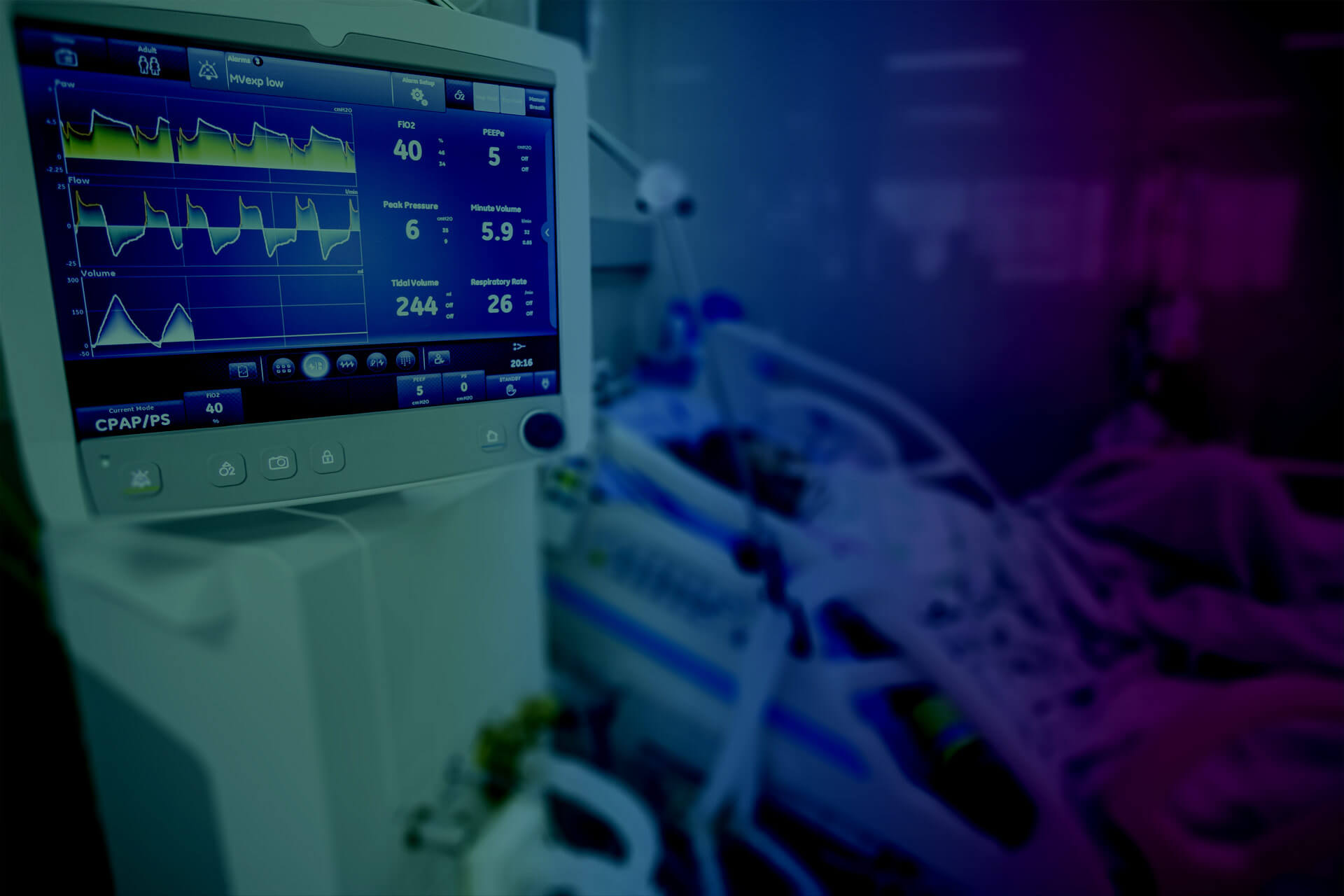Since the coronavirus was discovered in Wuhan in late December 2019, more than 20 million people have been infected worldwide, according to data from Johns Hopkins University. The countries of Latin America and the Caribbean are the most affected both in number of cases and deaths.
Among the main difficulties in containing the virus is the fact that the health system in Latin American countries is much more complex and has more deficiencies than in Europe or Asia, especially in Intensive Care Units (ICU). In many cases, these critical areas of hospitals are unprepared to deal with a health crisis that has hit the entire world.
It has been more than six months since the first cases of coronavirus occurred in Asia and at this point in the pandemic, countries around the world are fighting the virus. The wave of infections began in Asia, crossed Europe and later reached Latin America. In the South American continent there are many countries that are still in the first wave of infections and do not have the necessary resources to treat all those affected by the coronavirus.
According to data from the World Health Organization (WHO), Latin America is currently the focus of the pandemic. Brazil is the first country in Latin America with the most registered cases and the second in the world, only behind the United States. The country of soccer has already exceeded 100,000 because of covid-19.
Despite the fact that in the Latin continent the virus arrived late and the containment measures were earlier than, for example, in Europe, the fact is that the virus is still on the rise in many countries. Mexico is the second country with the most confirmed cases and in Colombia, Argentina or Venezuela the number of people with coronavirus continues to grow daily. In the case of Peru, the country is in the middle of the second wave of cases.

Why is Latin America the epicenter of the coronavirus?
There are many and diverse factors that explain the rise and expansion of the coronavirus in Latin America, which, as we said, has become the epicenter of this global pandemic. However, from ETKHO, as experts in providing solutions to hospitals for their critical areas, we want to reflect in this article on the role of ICUs to face this global health emergency.
To understand why covid-19 has affected Latin America so much, we have to analyze the state of its health systems. A relevant fact is the following: health spending per capita in Latin America in 2017 was three times lower than the spending of the countries of the European Union, according to WHO. It should be noted that these data also include spending by private hospitals, which, in addition, in many Latin American countries is even higher than spending by public health.
These figures show that hospitals in the south american continent, especially ICUs, have many more problems to deal with the health management of the coronavirus than other countries in which the public health system is healthier and has more funding.
Capacity of ICUs to face COVID-19
At the end of April, one of the moments when the pandemic curve reached its highest levels in Latin America, the need for mechanical ventilation was historic. Never before have hospitals faced such a health emergency, nor have they experienced an unprecedented shortage of medical resources such as mechanical ventilators, essentials for providing oxygen to people who cannot breathe on their own.
Neither was the health personnel prepared to welcome the constant arrival of infected people to the Intensive Care Units or to revive the patients.
In this context, countries such as Chile, Argentina, Colombia, Ecuador or Peru, among others, have been forced, in a matter of hours or a few days, to take emergency measures to try to stop the contagion curve, reinforce the number of beds in ICUs and hire more doctors, nurses and all kinds of health personnel to fight the virus. Hospitals and health centers have been on the brink of collapse and playing against the clock to save the lives of millions of people. While trying to survive the shortage of health personnel, the purchase of medical resources and equipment has suffered serious delays due to high international demand.
In a normal situation, a country should have at least 10 ICU beds for every 100,000 inhabitants. The minimum required is 6 beds. However, many countries in Latin America have been under 6 beds these months, putting the health of millions of people at risk.

What is an ICU like?
The Intensive Care Unit is one of the most important critical areas of any hospital or health center. The lives of the people who come to the ICU hang by a thread. That’s why it’s so important to have services and products for surgical environments that work perfectly, even in the worst circumstances. In this way, doctors will have all the necessary resources at their disposal to save lives and keep the ICUs running smoothly.
IT systems, mechanical ventilators or isolation monitors are some of the solutions that ETKHO offers for critical areas of hospitals and that guarantee that patients will be treated with conditions of safety, quality and efficiency.
In the context of the global pandemic that we are experiencing due to the coronavirus, ICUs have been collapsed by the incessant number of people arriving at hospitals in a situation so serious that they required a bed in the ICU. However, many hospitals in Latin America were not prepared for this and have had to adapt other areas to be able to cope with the health emergency.
Respiratory failure is one of the most common symptoms of the SARS-CoV-2 that causes COVID-19. For this reason, with millions of infections, one of the big problems in hospitals around the world has been the shortage of stock of mechanical ventilators. On the other hand, it is also very important in a health emergency situation to have the security and guarantees of having an uninterruptible power supply system so that specialists can carry out their work even in the most critical situations.

Solutions for a better functioning of ICUs with coronavirus
As we have explained in this article, the coronavirus causes respiratory failure in patients, especially in those most vulnerable groups such as the elderly or people with previous pathologies. In many cases, when those affected by this virus cannot breathe naturally, they are referred to ICUs from hospitals where, in addition to having an artificial respirator, the medical team is constantly alert and monitoring their state of health.
Due to the symptoms and development of the coronavirus and the high probability of contagion, the Intensive Care Units have become the main shield in the fight against the pandemic. These critical areas of hospitals around the world have collapsed in recent months and have had great difficulty treating thousands of infected people.
In this context, there is no doubt that now more than ever it is important that ICUs are prepared to avoid a new collapse, especially if there are outbreaks or a second wave of the virus. To do this, ICUs should have technological solutions for hospitals that will contribute to their proper functioning, even in emergency situations such as the one recently experienced with covid-19:

- Hospital panels: This panel is used in ICUs or any type of surgical or critical care area. The panel is essential for elements such as electrical outlets and equipotential bonding bars to work with their full potential from any part of the medical area and facilitating that the ground cables are as short as possible.
- IT power systems: It guarantees that the system will continue to function in the event of any type of failure. It consists of an isolated power system for critical areas that ensures, for example, that electrical faults can be detected quickly and automatically and without impairing the operation of the ICUs.
- Alarm repeater: The purpose of the alarm repeater is to repeat the alarms detected in the insulation monitor, for the clinical staff of the medical location, controlled by the insulation monitor.
- Multi-repeater of insulation monitor: Allows you to monitor all the information related to the insulation monitors that are connected to the network.
From ETKHO, as solution providers for critical areas of hospitals, we have available stock to strengthen ICUs so that they can work with the greatest efficiency in any situation, also during the pandemic caused by the coronavirus.



